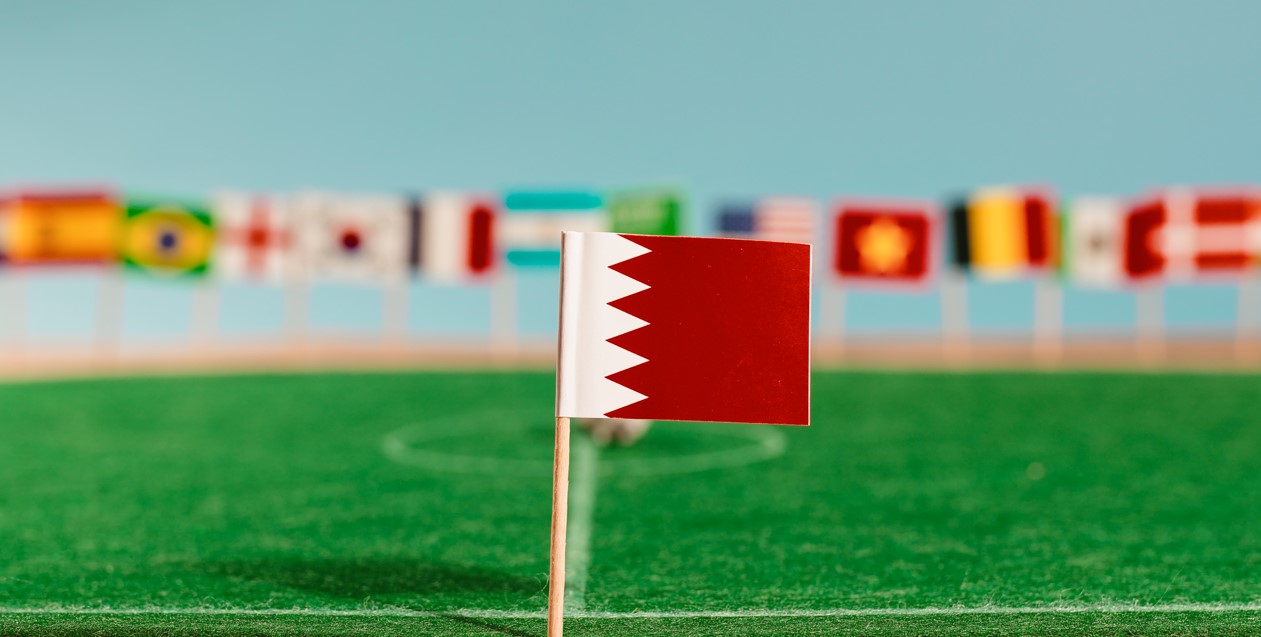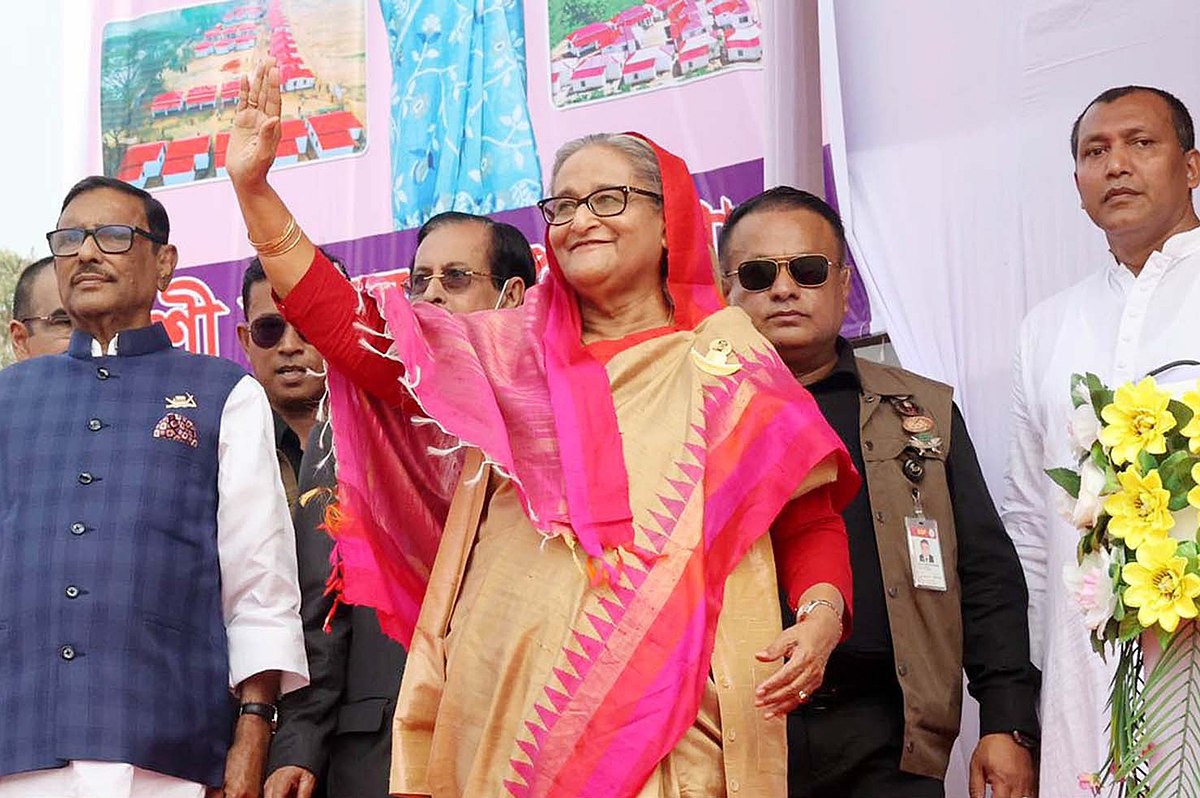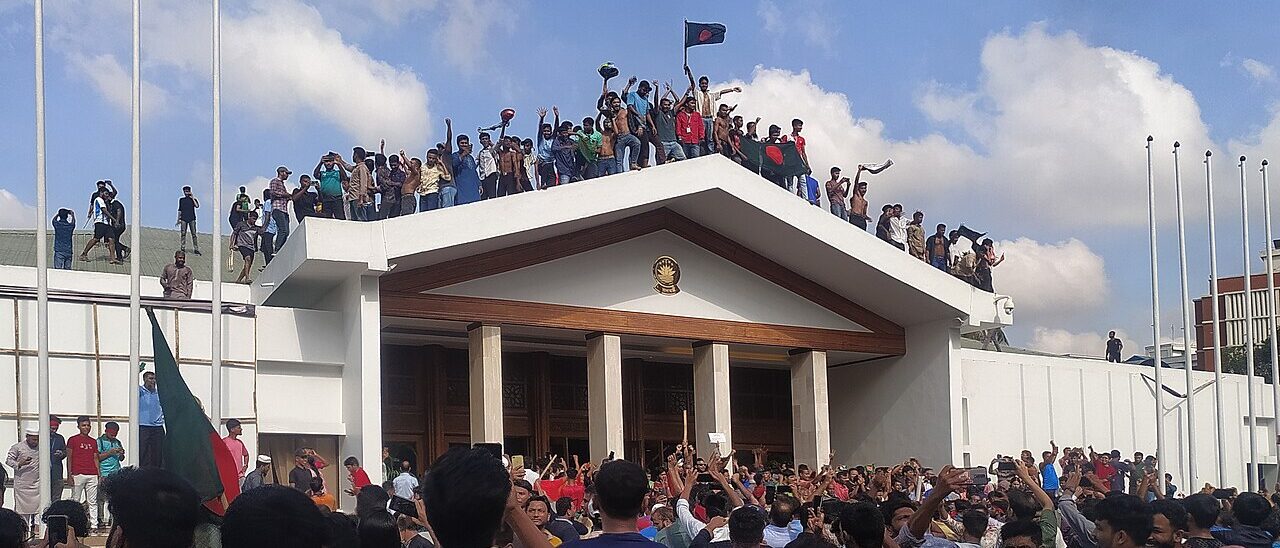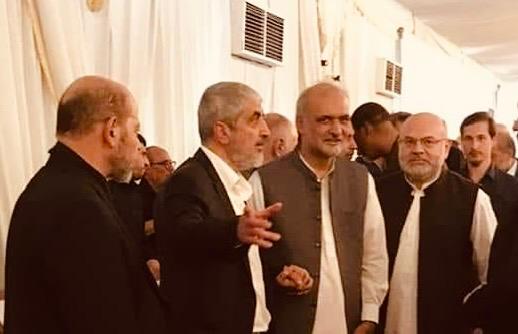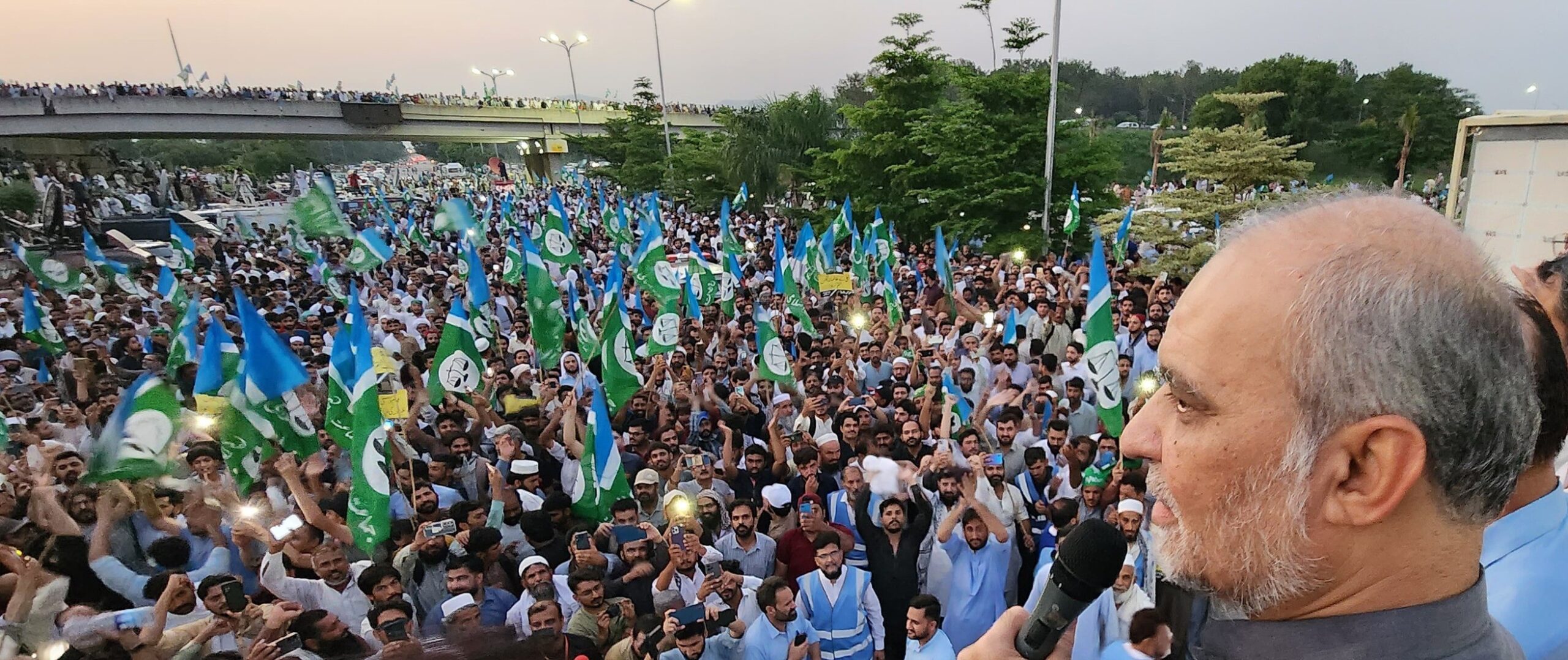By Shuaib Ahmed
When Qatar was awarded the hosting rights for the 2022 FIFA World Cup in 2010, it became the first Middle Eastern country to be awarded the tournament. Even before the event had started, the country came under a relentless barrage of criticism by the international media, presumably piqued at the choice of a Muslim country for an event that was considered the traditional right of Western-centric countries.
To its great credit, Qatar rode the wave of toxicity with admirable resilience and diplomatic skill without once giving the impression that it was buckling under the extreme pressure directed at it, much of which was the result of longstanding and misplaced cultural and religious bias.
For instance, Qatari officials always asserted their rights of maintaining the religious and cultural values of the host country, while easing laws to accommodate the cultural divide and welcoming all those who were ready to respect those values. Thus LGBTQ+ inclined fans were welcomed, although overt immodest activities were outlawed. Alcohol, while banned from stadiums, was allowed in restricted areas such as hotels.
Allegations of corruption and worker exploitation were also dealt with calmly, transparently and firmly, employing the best legal and diplomatic resources available. Plans and programs for redressal, compensation and change were put in place for the future.
From the beginning, the Qatar World Cup was expected to be a major catalyst for sports diplomacy in the region, as it promised to bring together people and nations from around the world to celebrate the world’s most popular sport. For a small country away from the limelight, the World Cup offered Qatar an excellent tool for sports diplomacy by sharing the global spotlight and prestige of the tournament to further its foreign policy goals and improve its international image as well as present Islam to tens of thousands of visitors that thronged the country.
The country committed over $200 billion to building new stadiums, hotels, transportation systems, and other infrastructure in preparation for the World Cup. By showcasing these developments, Qatar hoped to attract foreign investment and tourism, and improve its reputation as a modern and forward-thinking nation.
Another aspect of Qatar’s sports diplomacy strategy was its use of the World Cup to build bridges between nations and communities and improve its relations with other countries, particularly in the Middle East where previously neighbours such as Saudi Arabia and the UAE had subjected it to a boycott. The country also used the tournament as an opportunity to reach out to African nations and build useful political alliances and economic partnerships by showcasing its humanitarian efforts and support for development in these regions.
Another area where Qatar used the World Cup to great effect was in the promotion of its national culture, history and heritage through events such as cultural festivals, traditional performances and exhibitions. This has helped to increase awareness and understanding of Qatar and its people, and improve the country’s image on the global stage.
The World Cup also offered Qatar an excellent forum to execute large-scale Dawah efforts. From all-glass prayer enclosures enabling non-Muslim onlookers to witness Muslims praying first-hand, to the mega-sized hadeeth hoardings around the capital, Qatar went about presenting Islam to its guests from the point they arrived in the country. Gifted muezzins and Dawah experts in multiple languages such as Dr. Zakir Naik were specially flown in from all over the world to engage the thousands of curious visitors who flocked to open masjids and Islamic centers built for this very purpose. Copies of the translation of the Holy Qur’an and other dawah material were distributed freely during the event.
The opening ceremony of the World Cup at the al-Bayt Stadium itself set it apart from its predecessors in the way Islam’s enduring global message from Surah al-Hujuraat (Aayat 13) was presented as a dialogue between Morgan Freeman, famed Hollywood star and Ghanim al-Muftah, a young Qatari Qur’an reciter born with a rare condition known as Caudal Regression Syndrome (CDS) that causes patients to be born without lower limbs. This was a welcome departure from the typical, glitzy music and dance fanfare dished out at similar sports ceremonies.
Staying true to its Islamic roots, Qatar put a premium on the safe access of female and disabled fans to its stadiums, earning rave reviews from the international community. As a combined effect of these activities, a large number of fans accepted Islam during the World Cup.
On the pitch too, it seemed Sport had decided to sync its show with the prevailing theme of Dawah and Diplomacy. The Moroccan team’s fearless and skillful display upsetting European heavyweights Belgium, Spain and Portugal on their way to the quarterfinals won the hearts of Muslims and neutral fans all over the world, while Moroccan fans unfurled huge banners and displayed their unflinching support for the Palestinian cause, and Moroccan players hugged their mothers and kin rather than celebrity girlfriends.
Widely considered the “friendliest World Cup ever”, Qatar used the 2022 FIFA World Cup as an effective tool for sports diplomacy, utilizing the global spotlight and prestige of the tournament to further its foreign policy goals and improve its international image. The country invested heavily in infrastructure and facilities for the tournament, built partnerships with other nations, promoted its culture and heritage, and used the World Cup as an ideal platform for promoting Islam.
The views expressed herein may not necessarily reflect the views of JI FAD and/or any of its affiliates

